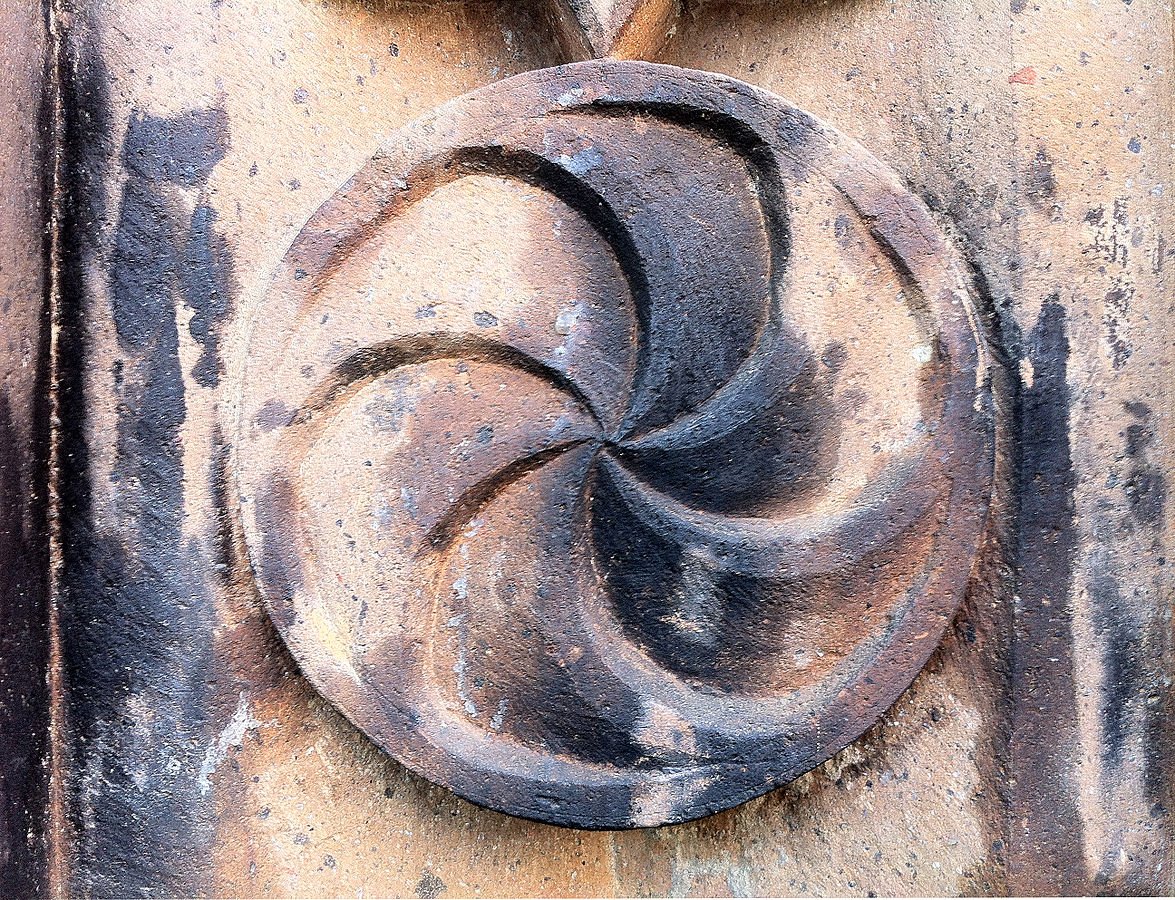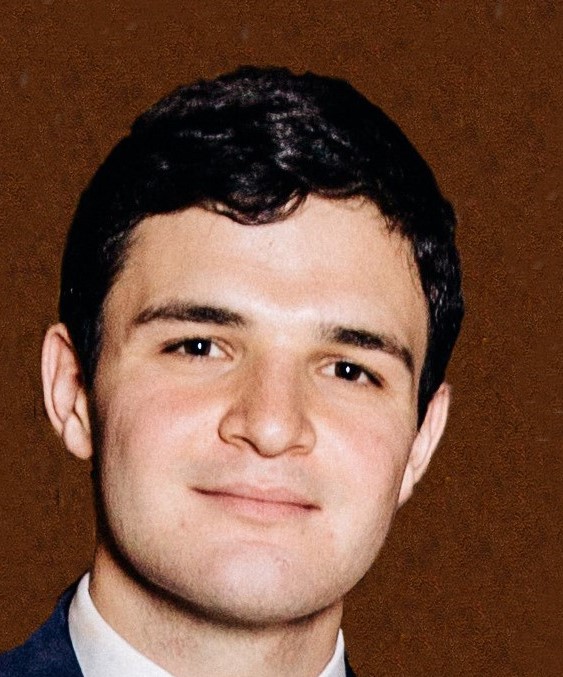
Armenians will never forget this moment. We will never forget this pain, this betrayal, this loss.
The war has opened our eyes. We can see now that it’s laughably, risibly foolish to hope that prospering in the West means anything. From Paris to Los Angeles, we have precisely nothing to show for our unprecedented political engagement and urgency. We secured no meaningful help for our brothers dying on the front lines, for our sisters driven from their homes, for our churches bombed and desecrated, for our villages burned, for our grandparents executed.
The politicians ignored us; the media failed us; even most of our friends didn’t understand.
Perhaps some of us will shake our heads sadly and get on with our lives.
But most of us have something else in mind. We are burning with the desire for justice. We are committed to redemption for our people. And we’re ready to change the path we’ve been following—a path that is a proven failure, a path that has allowed the Armenian Genocide to continue.
Yes, we will continue to advocate and educate and donate—but we now know that this isn’t enough. We now realize that we need to radically re-order our priorities.
On four fundamental battlegrounds, we have a choice. We can seize the initiative and reorient ourselves, or we can accept that we have turned the last page of Armenian history. If we choose correctly, we can save our nation and reverse the effects of the Armenian Genocide—without relying on others, on technology, on diplomacy, on politics or even on wealth. Because these four battlegrounds are about us.
Lifestyle
We in the Diaspora somehow feel that we’ve earned comfort. We take for granted upscale vacations, costly hobbies, and indulgent purchases. We spend far more on ourselves than we give back to our communities. It’s not all our fault; we were born into a materialist culture, and the wealth surrounding us convinces us that we’re just “middle class.” But it takes one glance at the bomb shelters of Stepanakert to dismantle any creeping feeling of entitlement we might have harbored. We have absolutely no right to luxury until every single Armenian abides in peace and dignity.
Humble living will allow us to raise decisive sums on behalf of Armenia—but even more importantly, it will save us from the mental fog created by our consumerist comfort. A simpler approach to life will free up resources, yes, but it will also free up our spiritual energy for rebuilding our nation.
Renouncing empty extravagance is a happy duty, not a heavy one. It creates new room for the true joys of life—the joys of family and of culture—joys which have always sustained our people, unlike the expensive and vain habits pushed by the consumerist society around us.
Work
There was a time when bright Armenian minds built Armenian newspapers, schools and churches; when they composed Armenian poetry, drama and music. Today, those same minds are wasted on careerist illusions.
Too many of us allow our lives to be controlled by the quest for prestigious jobs, counting on our resumes to provide us with meaning and satisfaction. We pursue the meritocracy as an end in and of itself. Yes, we tell ourselves that our impressive positions reflect well on the Armenian community. But this is meaningless. We saw during the past 44 days that while the world may view us as good workers, lucrative clients and reliable professionals, it won’t lift a finger to help us in our hour of dire need.
We are wasting our precious energy on others’ agendas, leaving only leftovers for the survival of our people. An uncritical devotion to our resumés starves our Armenian community institutions—and Armenia itself—of the creative thinking and deep engagement they deserve.
Don’t think for a second that I’m arguing against hard work. Hard work is a holy duty. My point is that we need to be very thoughtful about what our work is building. There are very few Armenians left in the world, and we must each strategically orient our work around saving our nation and reversing the effects of the Genocide.
Family
Our career-oriented lives leave little room for children. Many of us don’t even think about starting a family until our thirties. When we do finally become parents, we pass on our resume-focused vision to our offspring, overscheduling them and leaving little room for grounding in Armenian faith and language.
Right now, across the Diaspora, our funerals outnumber our baptisms. Our schools are closing, and our language is disappearing.
Aliyev and Erdogan couldn’t be happier. Our demographic decline is just as delightful to them as our losses on the battlefield. As they watch, we are allowing the consumerist, credentialist vacuum of Western culture to convince us that children are exhausting and expensive.
Our entire worldview as Armenians needs to be re-oriented around our children and their identity. At a moment when our nation is on its knees, the genocide-era refrain remains fiercely relevant: Mer houyse toghets ororotsin. Our hope is left to the cradle. We must choose to nurture and unleash this hope.
Faith
As I’ve watched this war unfold, I’ve repeatedly reminded myself of what we are fighting for—of what it is that makes Armenia different from Azerbaijan and Turkey.
I’ve returned over and over again to Baruyr Sevag’s poetry, translated as follows:
Centuries have come and centuries have passed
But when we were many and when we were strong
Over no one have we become tyrants
If we have enslaved, only with our eyes
If we have ruled, only with our books
If we have prevailed, only with our talents
And if we have ever oppressed, it has only been with our wounds.
In a world that worships power, Armenians worship something else.
The question facing the Armenian nation today is whether we will succumb to the idolatry of power. Will we exchange our vision of Divine Justice for cheap human justice?
This capitulation would be the greatest defeat of all. It would mean allowing our profound suffering to warp us into something unrecognizable.
I suggest that our only hope is to renew our own Christianity—to renew a radical love of others, radical humility, radical pursuit of knowledge, and above all worship of Jesus Christ, who turned a Cross into an implement of love and redemption.
The alternative is to accept the corrupt, hypocritical moral order that surrounds us. Our society in the West pretends to be neutral when it comes to morality. But its true creed is the religion of the individual. Maximal self-realization—through pleasure, status and reputation—is the ultimate value preached and proselytized by nearly everything around us.
The followers of this self-obsessed religion watched, indifferent, as our homeland burned, even as they repeated soothing and meaningless mantras about human rights and democracy.
We can choose to accept their false, self-worshipping dogma, or we can choose to re-embrace our own faith.
Our own religion preaches the inherent and equal dignity of every human being. It teaches us that we have free will, and are each morally accountable for our actions. In contrast to the self-aggrandizing ethos of our world, our own religion insists that humility is a virtue.
Our own religion teaches us to care for the old, the sick, the widows, the orphans and the poor.
Our own religion has taught us to respond to centuries of invasion and oppression by insisting on education and knowledge. From building the ancient University of Datev to founding some of the first girls’ schools in the Muslim word, our own church reminds us that the pen is more powerful than the sword.
Our own religion commands us to resist profiteering, instead pursuing work, knowledge and simplicity.
Our own religion has guided our people through the deepest imaginable suffering. It offers us nourishment and mercy, healing our weak and damaged souls. It commands us to follow higher standards of behavior, puncturing our complacent illusions.
None of these values will survive on the fumes of our grandparents’ faith. None of this will survive through mere lip service. The only way forward is to make the faith our own—to make ourselves wellsprings of prayer and cornerstones of worship.
Only then will we have the strength and clarity we need to survive as Armenians—not as embittered mirror images of our enemies, not as consumerists and careerists, but as unerasable, undefeatable, undying carriers of the Armenian flame.
On the battlegrounds of lifestyle, career, family and faith, each of us needs to conceive of ourselves as a repatriate. For some of us, repatriation will mean permanently moving to Armenia. For others, it will mean unleashing new levels of creativity and commitment on behalf of our Diasporan institutions. But regardless of where we physically live, we must each spring into action today. We must each concretely chart our personal path to rejecting luxury, refusing empty careerism, embracing children and embodying the faith of the Armenian church.



Amen. Thank you for this, Hagop. You expressed something I have felt intuitively, but not been able to properly in words.
Such an important article. Thank you for this Hagop. Every single Armenian should read this a couple of times and understand the message you’re sending to our people.
Dear Armenian friends. I am Greek.
I was following the events of this war and I was praying the best for you.
Unfortunately, the result was not good. But you must never give up. NEVER!
Along with a careful analysis of the mistakes done so far,
a substantial strategic alliance between our nations is vital.
Not only because of our common enemy, but also because of our common way of thinking.
Our enemy has advantage, but with combined forces we can increase our chances.
Love and respect from Greece.
YOUR WORDS HAVE A DIRECTION AND FAITH WHICH ARE TO BE RESPECTED. EVERYONE HAS AN ANSWER OR OPINION WHICH HAS SOME MERIT. WHAT WE NEEDED WAS SOME BRILLIANCE FROM THE FORMER BRILLIANT MILITARISTS OF ARTSAK AND PERHAPS A BOOST FROM THE SO-CALLED ARMENIAN TECH-CYBER CAPACITIES. TRUTH IS WE INFLICTED NO MATERIAL DAMAGE TO AZERI CITIES AND INTRASRUCTURE-NO PAIN NO GAIN. THEY HAD BODIES TO SPARE WE DIDN’T. MUTUAL ASSURED DESTRUCTION IS ALL WE CAN DEPEND ON TO PREVENT/FOR THE FUTURE ENGAGEMENTS. CHESS MATCHES WILL NOT DO MUCH. CLUSTER BOMBS? GET YOUR OWN ”SUPER WEAPONS. IDIOTS ARE MAKING THEM IN DROVES. NEVER TAKE A KNIFE TO GUNFIGHT.BRAVERY BE PRAISED BUT DON’T SHOOT THE PM FOR PLAYING THE ONLY CARDS HE HAD.
A fine and inspirational piece, and a good reminder for all of us.
A very powerful call for action and introspection. Thank you.
Hagop it is an interesting article that I loved reading and I saved it. If every Armenian ( or most ) of us follow your aspirations and inspirations we will certainly become a great nation. God bless you.
In the last few weeks, I read many of these introspection-type analyses. Dear Hagop, yours tops all of them. Congratulations and thank you for your great piece.
The jews didn’t stay in Babylon after the exile, they returned to Israel. Why, I wonder, do Armenian-Americans not return to Armenia in greater numbers? I agree – comfort and easy-times for Boomers and Americanization. If I were Armenian American and had the choice, I’d go to Armenia and live there because it is the homeland.